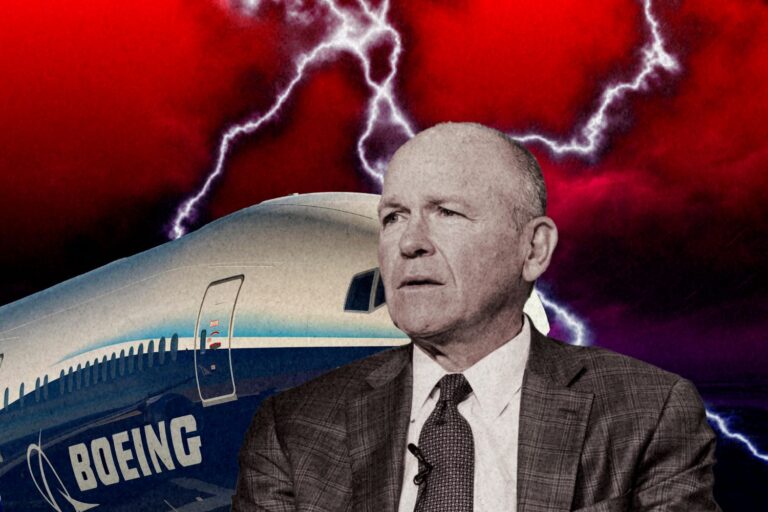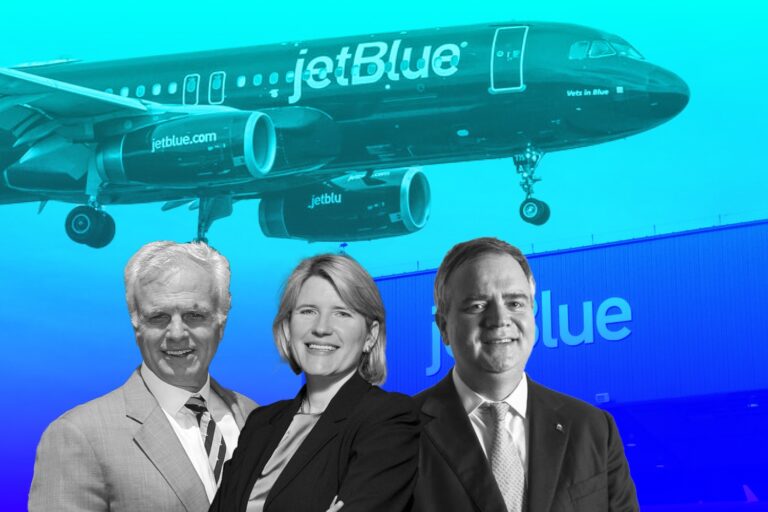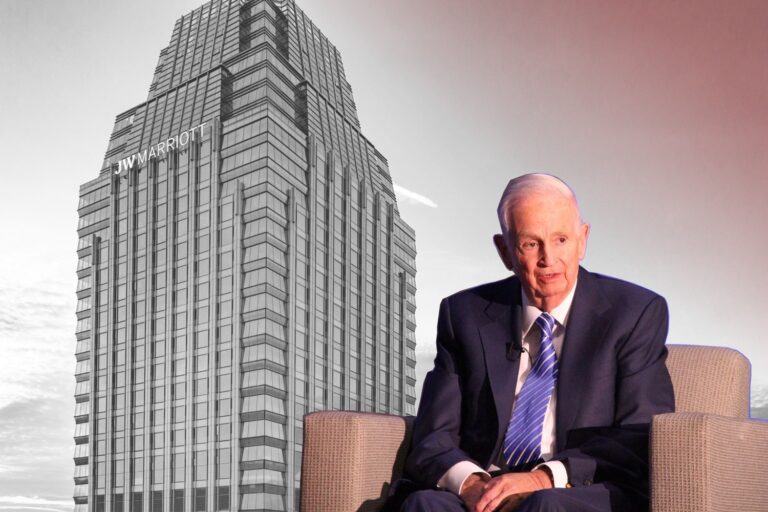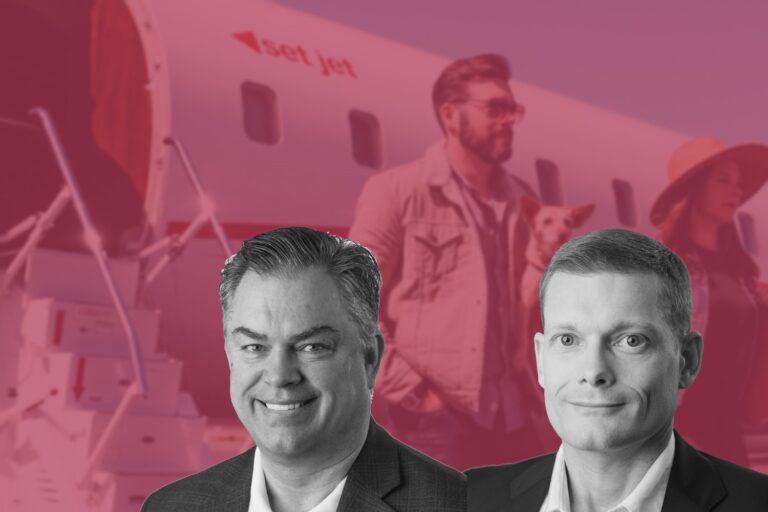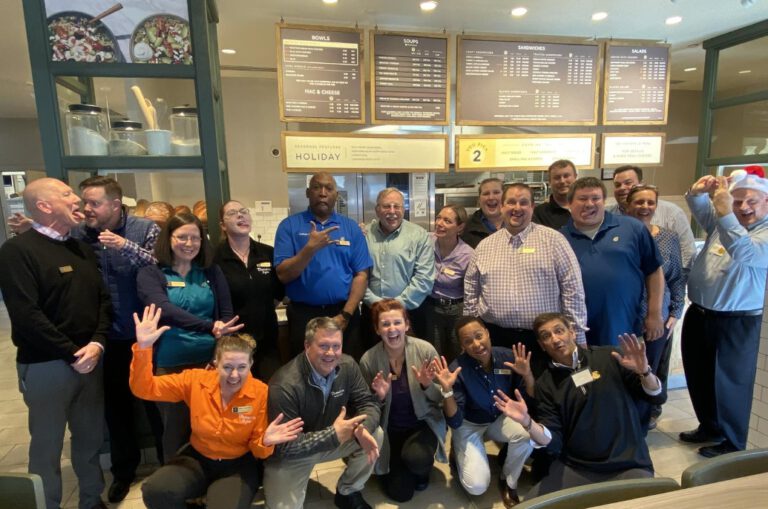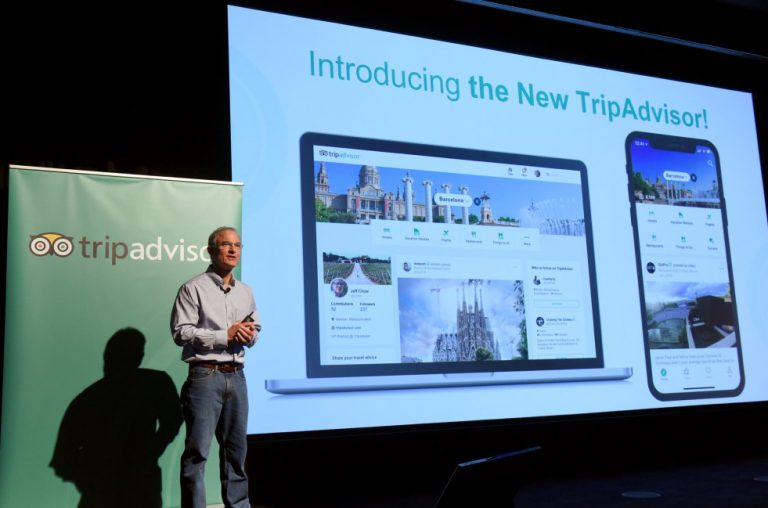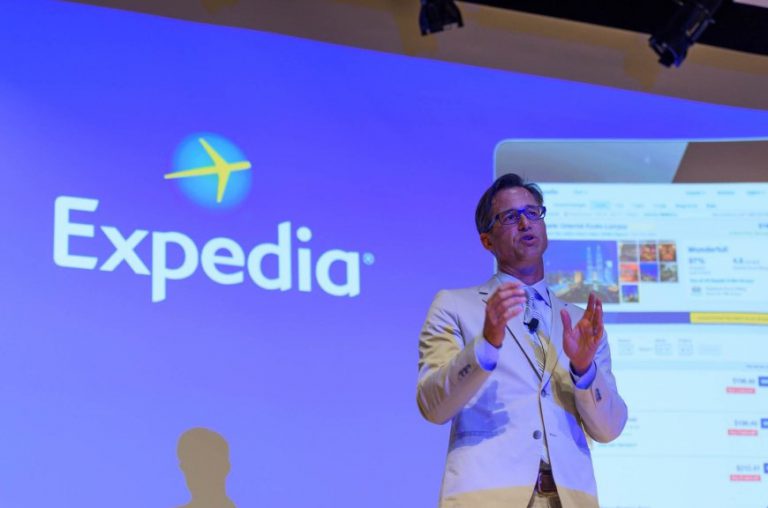What Makes Delta Remain Their Massive Success
Delta Air Lines is one of the largest and most successful air carriers in the United States. Collet Everman Woolman, an agricultural scientist and pilot, served as the company’s CEO for 40 years. Delta was established in 1924 as a crop-dusting service. Up until his passing in 1966, Woolman was in charge of Delta’s activities.
In the 1990s, Delta adopted an aggressive business strategy in order to retain market share in an increasingly competitive airline industry. The new strategy was an enormous success, and in 2000 Delta enjoyed a net income of more than $1 billion and carried a record 117 million passengers. Entering the new century, the airline had extended its route network to serve 221 cities in 48 states, and an additional 118 cities in 47 foreign countries.
Delta Air Lines has a massive network spread across six continents, operating in 52 countries, carrying out more than 5000 flights a day. Today, they have a whopping number of more than 74,000 employees worldwide.
On Forbes’ list of the 100 Best Employers for Diversity in 2022, Delta has been ranked as one of the top 100 firms. Based on research from Statista, an independent market research company, Forbes compiles the list.
So, the question is: In an era when numerous businesses must deal with the pandemic and the economic challenges, how has Delta remained winning? Let’s read on to explore.
Its Three Keys to Successful Leadership: Optimism, Hope, and Confidence
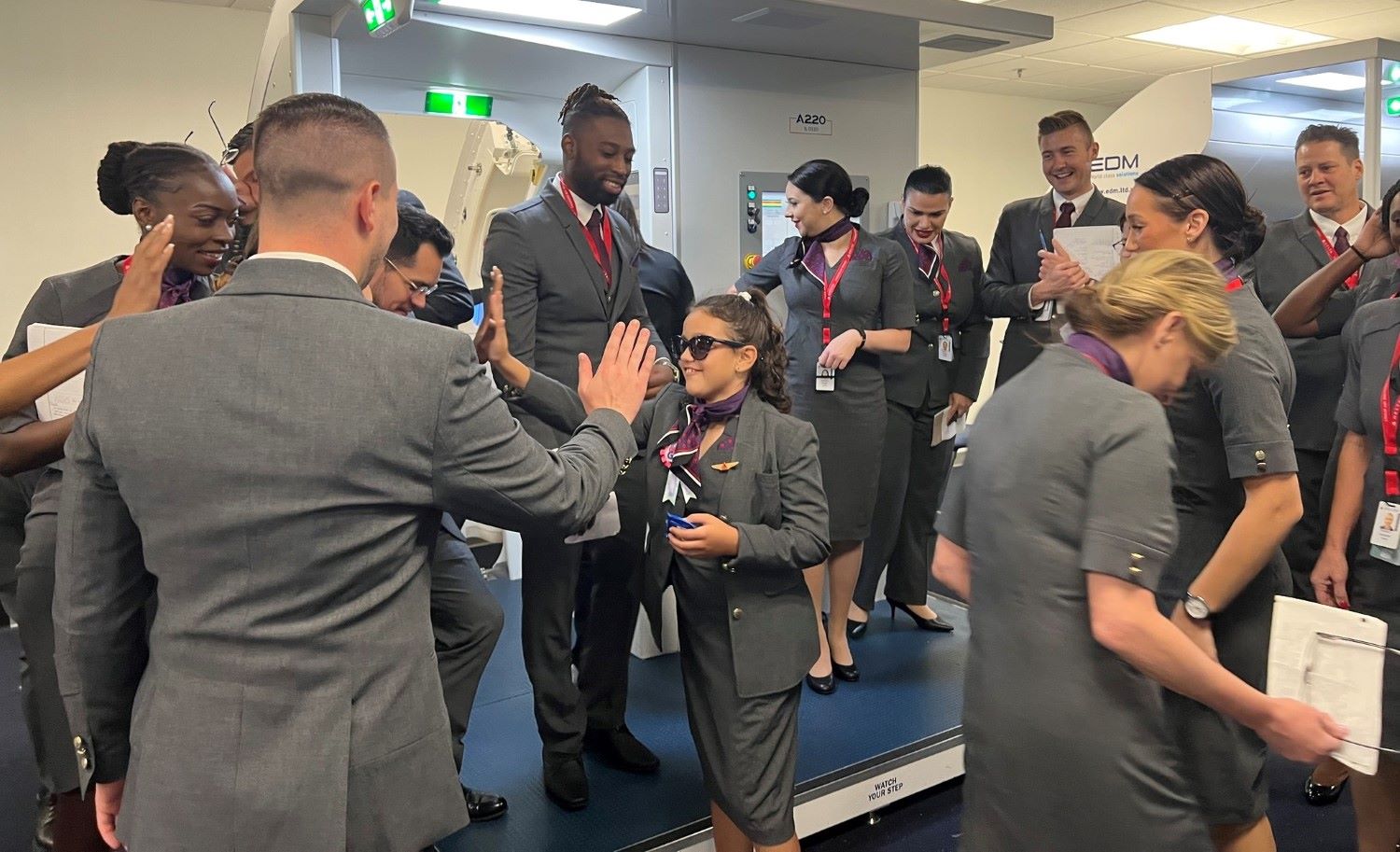
Everywhere in the world, from the COVID-19 pandemic to the global crisis over historical racial unfairness and injustice, leaders and businesses have had to step up to and adapt to extraordinary difficulties that have impacted both employees and customers over the course of the past year.
Although the pandemic has had a catastrophic impact on the airline business, Delta, led by CEO Ed Bastian, responded quickly and decisively to prioritize people over profits. The airline put the health and safety of its clients and staff first, which ultimately resulted in the preservation of jobs, the maintenance of liquidity and cash balance, and the positioning of Delta for the future.
His leadership was summed up by the following comment in an article about leading with purpose published in the MIT Sloan Management Review: “It’s people over profits. We strongly believe that if we take good care of our people, including our customers, they will take care of the bottom line for us. We needed to lean on people’s loyalty. They will put us in a position to recover and have the best shot at success in the future”.
Bastian and other prominent business figures were discussed in a New York Times piece about how businesses are speaking out on important issues.
In an effort to transform the company into an anti-racist, anti-discrimination organization, Bastian took a close look at the company’s own diversity record and provided concrete strategies to alter the course. Since then, Bastian has become more involved in the equity movement by engaging in dialogue about racial injustice with Black community leaders at employee town halls and setting an example based on the company’s ideals.
Contributing editor Bill Murphy Jr. recently wrote about three words that came up during Delta’s most recent earnings call: optimism, hope, and confidence. The organization now has an optimistic and resilient culture because to Bastian’s candid, genuine, and values-based leadership style in dealing with the current difficulties.
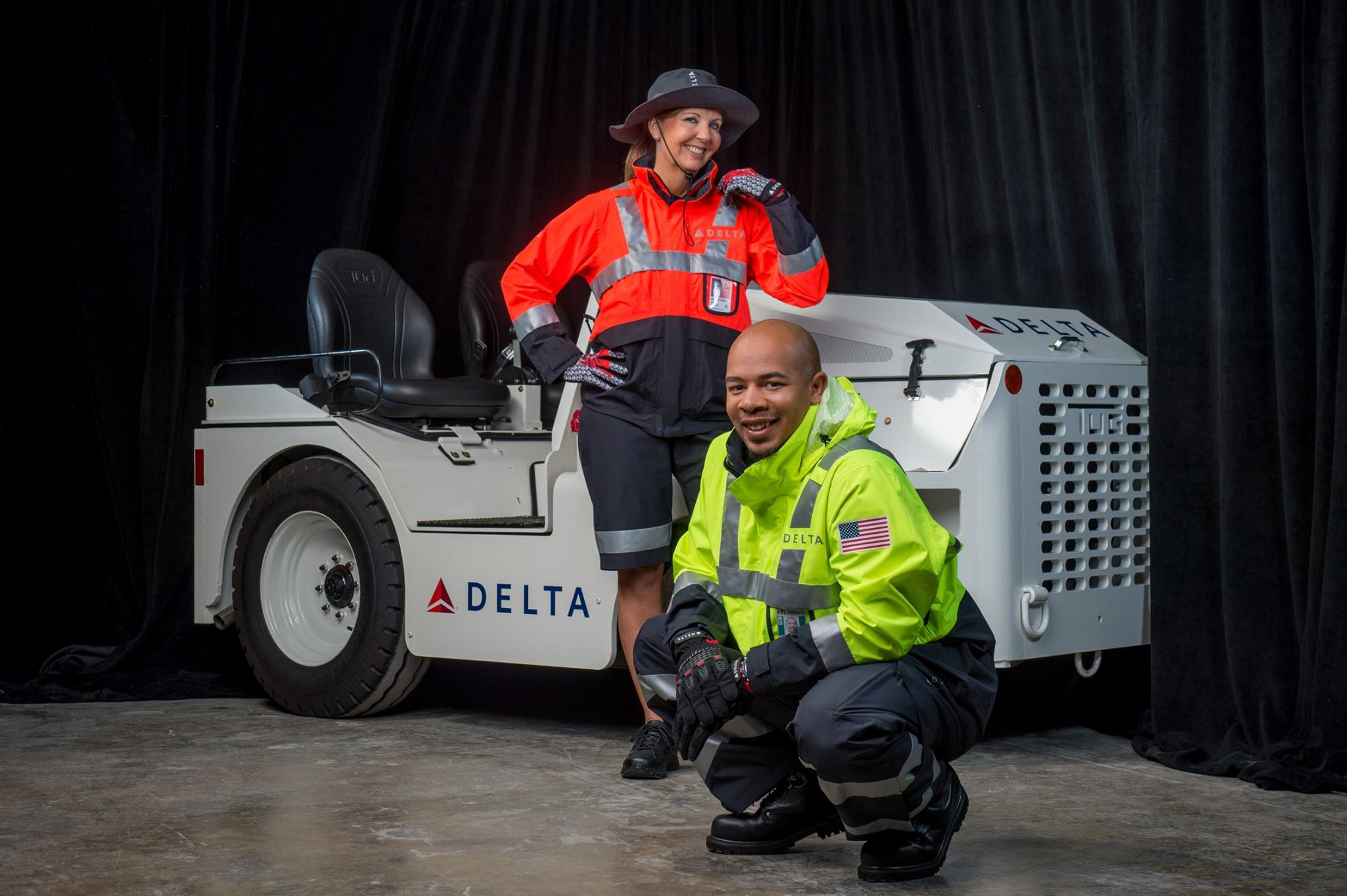
“I’ve come to realize two things after covering companies like Delta for so long. First, “leadership at scale equals culture,” and second, any leader’s most powerful tools are his or her words,” said Murphy. “All else being equal, if you want to lead your business effectively, optimism, hope and confidence should probably be right up front and accessible in your linguistic toolkit.”
Throughout the pandemic, Bastian has repeatedly reminded staff that “crises don’t build character, they reveal character” – and these ongoing crises have revealed the strength of Delta’s character, the power of strong leadership and the importance of a values-led culture.
What’s in the Culture of Delta that Makes It a ‘Vacuum Hose’ of Talents
When an organization like Forbes names Delta as one of the World’s Best Employers for 2022, it’s a valuable confirmation of the ways they pay attention to and respond to their employees’ individual needs and aspirations. Additionally, it serves as a reminder that their effort in responding to employee input is an ongoing process.
According to independent surveys of over 150,000 workers in more than 55 countries worldwide, Delta was named No. 6 on Forbes’ list. Participants were asked to rank organizations based on several factors, including image, trust, gender equality, CSR, culture, and benefits. A million or more data points were examined.
How Delta turns employee feedback into people-focused action
Delta focuses on forging personal connections between leaders and employees. They do this through regular one-on-ones, station visits and town halls. They use robust listening tools like employee engagement and wellbeing surveys to gather feedback. And when leaders listen and act on that feedback in meaningful, tangible ways, it can deepens and strengthen those connections.
For 2023, employee feedback is fueling the largest-ever investments in the total wellbeing of Delta’s people.
Understanding the challenges of saving for a rainy day amid the rising costs of everyday living, driven by the global pandemic from which we are emerging. And they know that financial wellbeing plays a major role in overall health and wellbeing. That’s why they’re giving every employee an opportunity to earn $1,000 when they contribute to an emergency savings account and complete a financial education/coaching program.
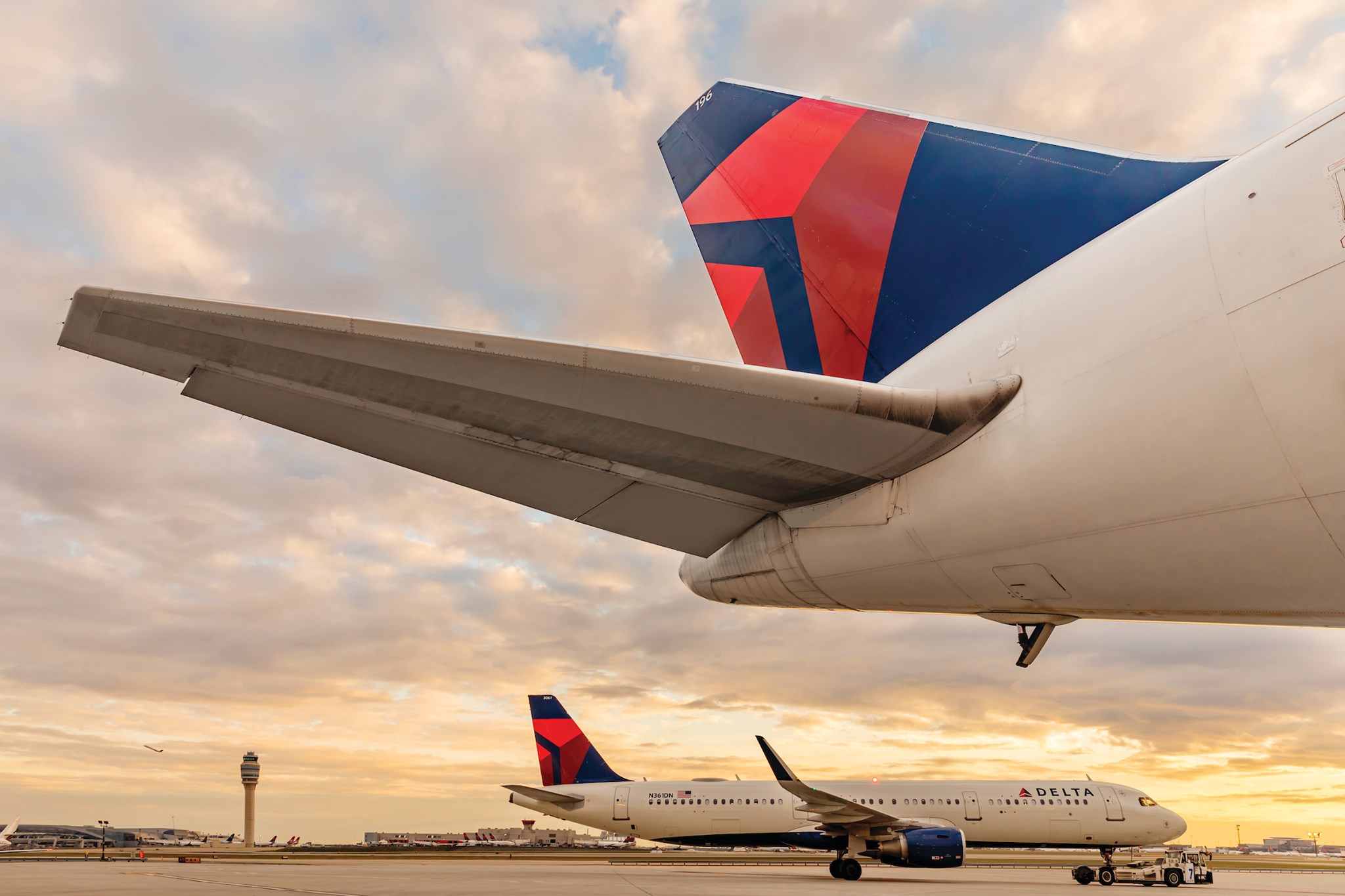
Delta knows that everyone comes to them in a different season of their lives, none more important than another, whether they’re expanding their families, preparing to send children to college or caring for aging loved ones – sometimes all the above. New family building, parental leave and caregiving benefits ensure they can bring their whole selves to work without worrying about the ones they care for most.
These benefits are wide-ranging, covering everything from fertility support and surrogacy and adoption assistance to expanded leave options for new parents. In addition to extended paid leave, all new parents can also take up to a year-long leave of absence to bond with newborn or newly adopted children.
Meanwhile, Delta’s people will not see any increases to medical premiums for the 2023 plan year for a fifth straight year.
“Our people are our most worthy investment. We believe in a virtuous circle: When we take the best care of our people, our people will take the best care of our customers — who will then continue to make Delta their airline of choice.” said Joanne Smith, E.V.P. and Chief People Officer
Treating Employees Well means they work effectively
The secret to Delta’s success is its profit-sharing scheme, under which the airline distributes a portion of its earnings to its staff. This amounted to almost $1 billion in 2017, or 10% of Delta’s pre-tax profits. This would have been more than $10,000 per individual if it had been divided equally among the workers.
The incentive for 2019 is $1.3 billion, which is even more. Each Delta employee will receive a bonus equal to 14% of their base annual wage. For example, if a ramp agent earns $45,000 a year, Delta will give them an additional $6,300.
A vital aspect of Delta company is its profit-sharing concept, which is part of their people-focused culture. Each year on February 14—Employee Appreciation Day—a part of the company’s profits—which are generated when business is brisk—are distributed to the staff. In 2022, Delta anticipates a major return to profitability.
But Delta’s narrative is more complex than just profit-sharing. The atmosphere of mutual support is what makes living at Delta so unique. People actively participate in supporting each other’s and Delta’s ongoing improvement. For instance, nearly a quarter of the staff participates in one of their numerous business resource groups.
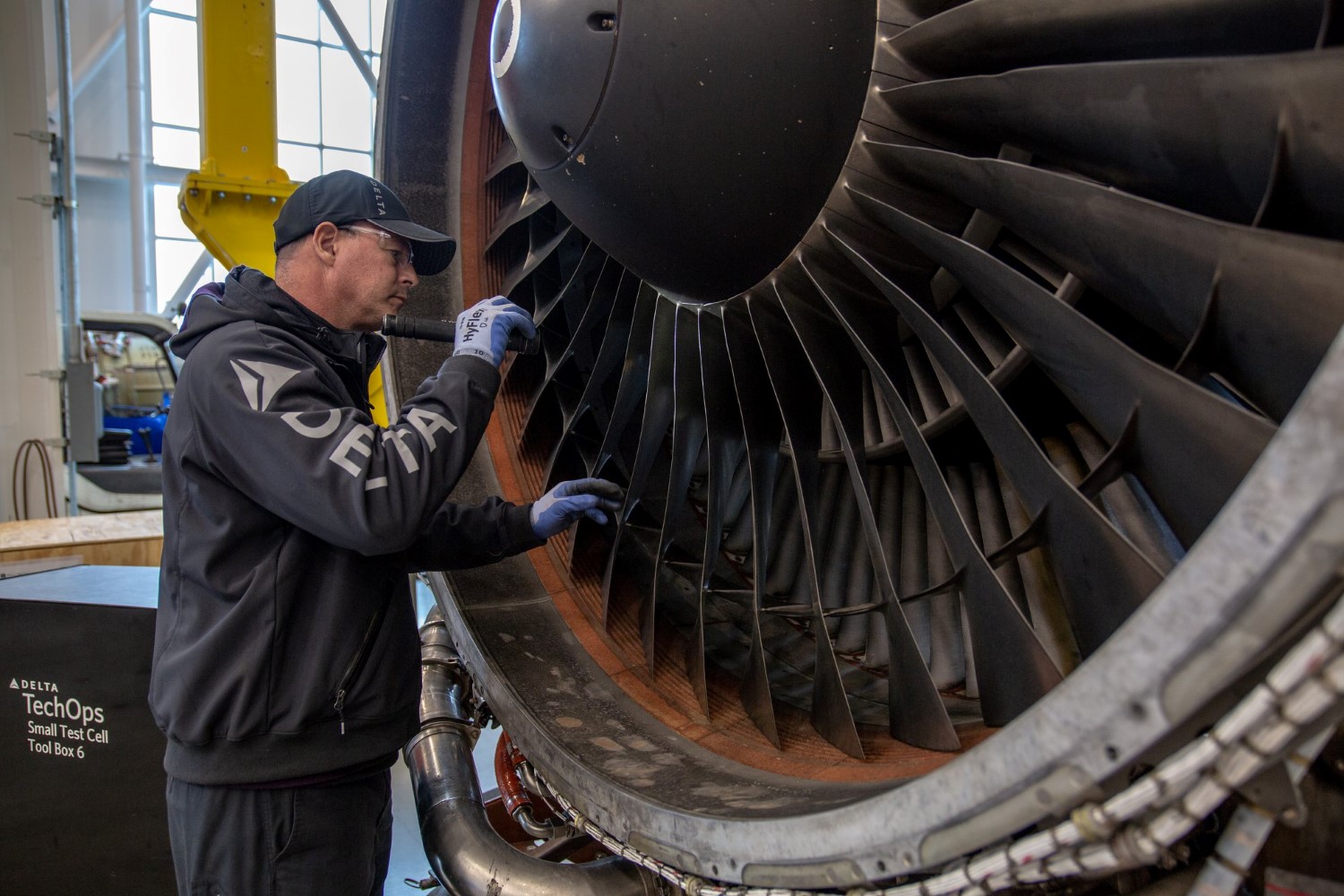
It’s not surprising that Delta made the list of the top 100 employers. If you take care of your staff, they will be delighted to come to work, feel satisfied in their positions, and take care of the customers.
Not to mention the 86,000 non-unionized Delta employees (aside from the pilots). This is what occurs when you uphold a vision for your workforce and show respect to your employees. There is no “us vs them” mindset since there is no union leadership set against management.
The ‘Seabed Investment’ as an ‘Arm Extension’ of Its Growth Strategy
In the last ten years, Delta has developed agreements with the biggest airlines in Europe, Asia, and Latin America. As demand for international travel increases, Delta’s worldwide network’s connectivity, relevance, and breadth with its partners are crucial to maintaining this success. “These strategic investments in our partners will transform our ability to improve travel for our customers, enabling us to deliver a seamless travel experience alongside offering our customers an unrivalled network between North American and premier markets worldwide,” said Delta CEO Ed Bastian.
“The work each of our partners has done to strengthen their businesses for the future makes these partnerships even more valuable and creates a new era of international travel to benefit our customers, our employees and our investors as global travel rebounds in 2022 and beyond.”
As each carrier exits reorganization or recapitalization, Delta is currently investing in Virgin Atlantic, Aeromexico, and LATAM to support its global future. The airline aims to have a 20% ownership stake in Aeromexico and a 10% equity stake in LATAM after the completion of their separate processes. Also in the UK market, Delta will continue to own a 49% equity position in Virgin Atlantic. Meanwhile, the airline invests roughly $1.2 billion in these three carriers.
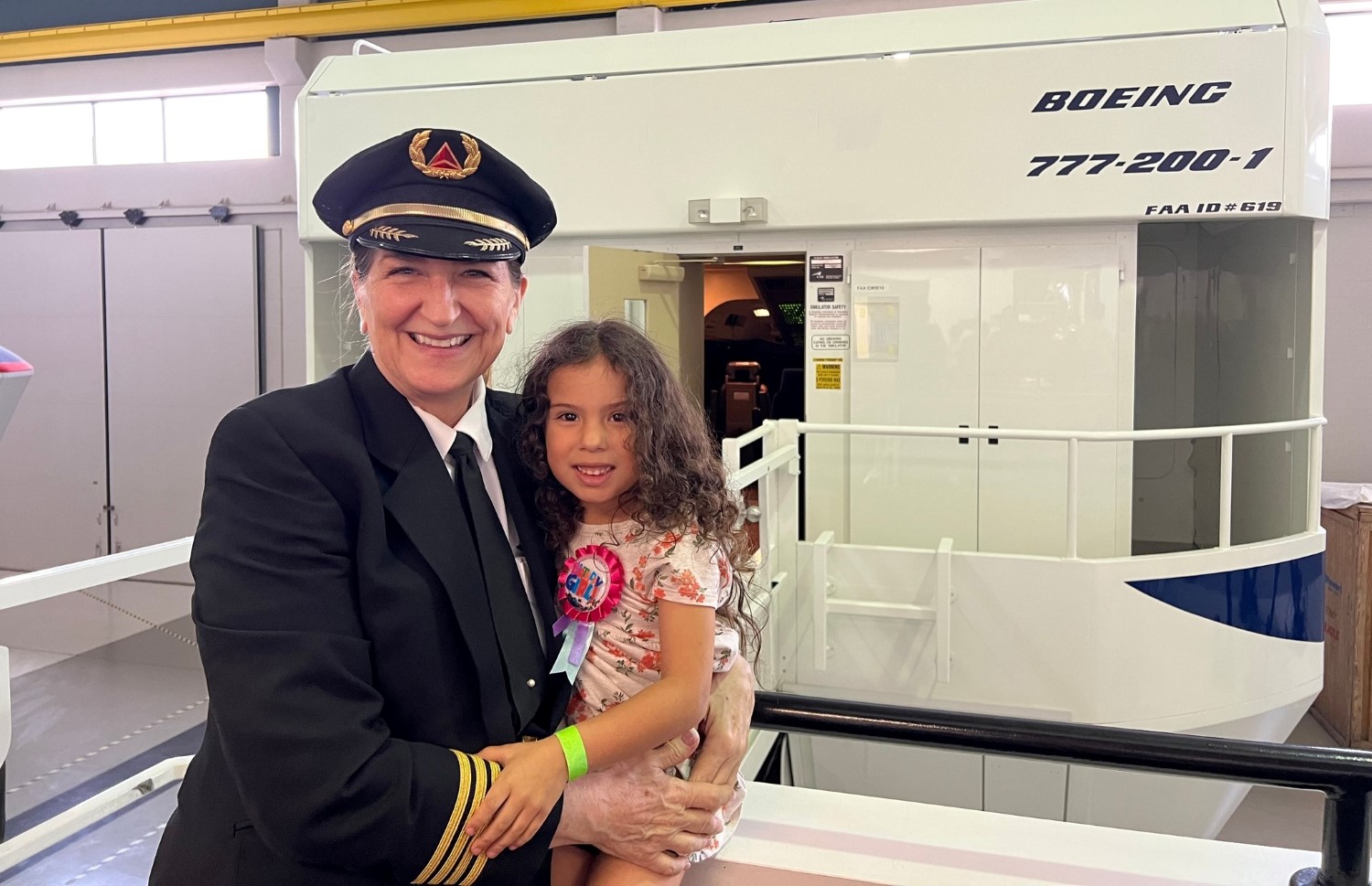
“Throughout the pandemic, Delta has continued to invest in our future, including new aircraft orders, accelerating real estate projects and putting significant resources into health and safety measures to protect our employees and our customers,” said Executive Vice President and Chief Financial Officer Dan Janki. “Similarly, investing in our partners now – even as we continue to navigate the pandemic – is the right choice to support Delta’s long-term strategy.”
There is no change to Delta’s investments in AFKL, Korean Air and China Eastern.
With its broad global network built from partnerships and its own international network, Delta is on the way to take advantage of the reopening of foreign markets as well as projected future expansion.
Success Goes Along with a Big Mission
Delta Airlines mission statement is “we—Delta’s employees, customers, and community partners together form a force for positive local and global change, dedicated to bettering standards of living and the environment where we and our customers live and work.”
The benefits of positive relationships and the impact they create are the main points of focus in this statement.
By enabling travelers to get to their destinations on time, Delta Airlines exemplifies how all of its services are focused on assisting customers in meeting their business and travel needs. To demonstrate, the company offers flexible flight schedules, many ticket options, and an easy-to-use ticketing system.
In addition to connecting people, Delta Airlines offers various services that have an impact on community welfare. This company’s corporate social responsibility division actively manages community empowerment initiatives. The airline also contributes to environmental sustainability through emission reduction and adoption of reuse or recycling waste management options.
The core value of Delta includes “Diversity and inclusion, honesty, integrity, respect, perseverance, and servant leadership.” The culture at Delta Airlines is a reflection of these values.
In fact, they are the guiding principles for every operation of this company. As a result, Delta Airlines has refined its customer service and stakeholder treatment over the years making it rank top among the best companies.


